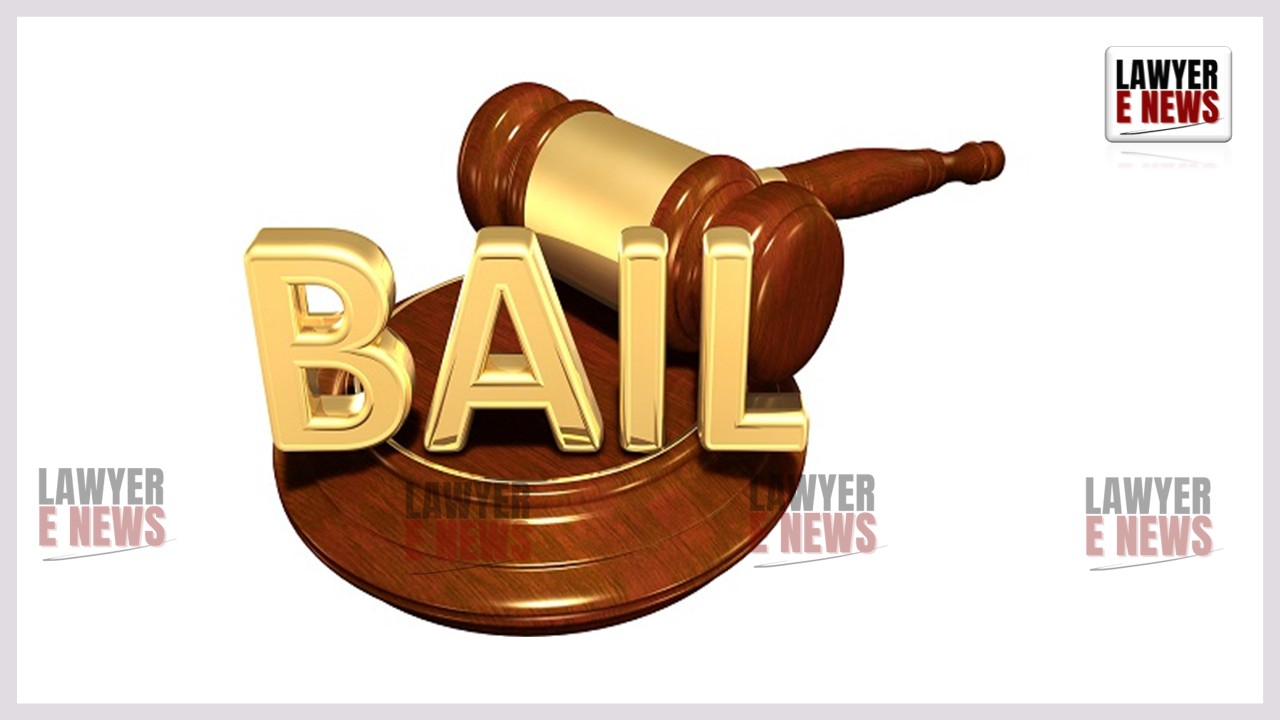-
by Admin
15 February 2026 2:36 AM



High Court’s decision highlights constitutional rights under Article 21, granting bail with stringent conditions to Dr. Ahamed, accused under Sections 354 and 354(A)(1)(ii) IPC.
In a significant judgment, the Kerala High Court has granted bail to Dr. Efthickar Ahamed, who stands accused of outraging the modesty of a woman in a wave pool at Vismaya Park, Parassinikadavu. The decision, rendered by Justice C.S. Dias, underscores the principle that bail is a rule and incarceration an exception, particularly once the investigation is complete and the charge sheet filed.
Dr. Efthickar Ahamed, an Assistant Professor at the Central University of Kerala, was arrested on May 13, 2024, for allegedly groping the breasts of the de facto complainant in a wave pool. He had been in judicial custody for 45 days before his bail application was heard. The prosecution opposed the bail, citing his previous involvement in a similar crime registered at Bekal Police Station. However, the investigation in the present case was complete, and the final report had been submitted to the Judicial First Class Magistrate Court, Thaliparamba.
Justice Dias emphasized the judiciary’s commitment to upholding personal liberty under Article 21 of the Constitution. “The petitioner has been in judicial custody for the last 45 days, the investigation is complete, and the final report has been laid,” the court observed, suggesting no further need for detention.
While acknowledging the prosecution’s concern regarding the accused’s prior criminal record, the court noted the completion of the investigation as a significant factor in favor of granting bail. The court stressed that stringent conditions would ensure the accused does not commit further offenses or tamper with evidence.
The court referenced several Supreme Court precedents that emphasize the importance of bail as a fundamental right. In Dataram Singh v. State of U.P., the Supreme Court stated, “Grant of bail is the rule and putting a person in jail is an exception.” Similarly, in State of Kerala v. Raneef, prolonged detention of undertrial prisoners was deemed a violation of their right to life under Article 21.
Justice Dias remarked, “Once the charge sheet is filed, a strong case has to be made out for continuing a person in judicial custody. The right to bail cannot be denied merely due to the sentiments of the society.”
The Kerala High Court’s decision to grant bail to Dr. Efthickar Ahamed reinforces the legal principle that bail is the norm, particularly after the completion of an investigation. The stringent conditions imposed ensure that the accused will not influence witnesses or engage in further criminal activities. This ruling highlights the judiciary’s role in balancing the rights of the accused with the interests of justice, potentially setting a precedent for similar cases in the future.
Date of Decision: June 27, 2024
